
 Image: Logitech
Image: Logitech
If there’s one buzzword that’s inescapable in 2024…well, it’s probably “Israel” or “election” or “Musk.” But if there’s one that’s specific to the technology industry, it’s AI. Fortunes are being made on that interest, in a way hauntingly reminiscent of the crypto boom and subsequent bust. And absolutely everyone wants to get in on the former and avoid the latter.
“Everyone” in this case includes pretty much every possible technology company. While OpenAI is at the center of this particular gold rush, and Nvidia is selling the shovels to digital forty-niners, more conventional players aren’t resting on their haunches. As happens with buzzwords, it’s quickly becoming diluted — every new PC is an “AI PC,” which means very little for actual users.
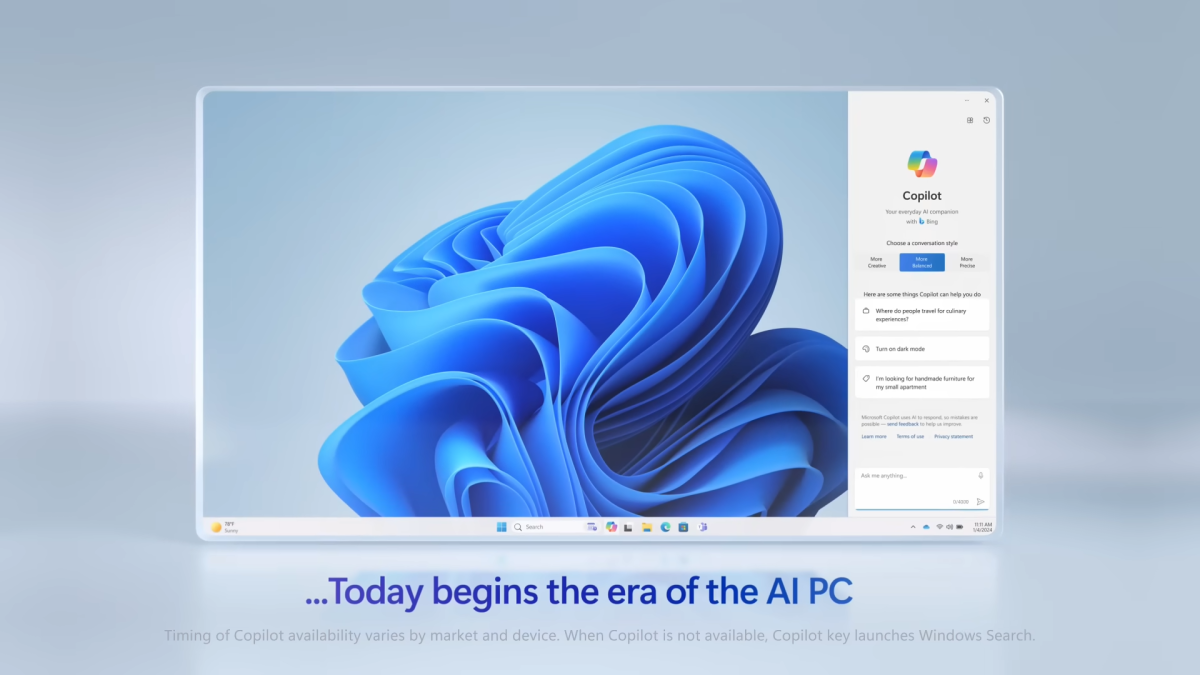
Microsoft
Microsoft
Microsoft
But as for the generative tools that “AI” refers to, there seem to be two general approaches. Every company is either hitching its wagon to ChatGPT’s star, as Microsoft is doing with its Copilot system, or hoping to be the next one to shine bright, like Google with its Bard Gemini system or Apple with its forthcoming generative AI.
Technology’s hottest club is ‘AI’
Unlike the crypto boom, generative AI is something that pretty much anyone can use, even if they don’t have to understand it. You can punch a request for, say, a limerick about the new Fallout TV show with just a few keystrokes. It won’t be particularly good, but anyone can see why you’d prefer a computer to do the thinking for you in a few seconds instead of trying to create lines in your slow human meat brain for 10 or 20 minutes. The appeal is undeniable and universal.

Mark Hachman / IDG
Mark Hachman / IDG
Mark Hachman / IDG
Perhaps that’s why these companies are so desperate to put AI front-and-center in their interfaces, both physical and digital. Microsoft is making all new Windows laptops come with a dedicated Copilot key, literally forcing users to interact with its ChatGPT interface in an even more immediate way than sticking it on the taskbar. Google is replacing Assistant, one of Android’s most long-running and distinctive features, with Gemini, to mixed results.
There’s a growing niche of products that are all AI, all the time, like the Humane Ai Pin that’s been taking an absolute beating in its initial reviews. We’ll see if the AI-powered baby cry translator can do better when it launches, to say nothing of the AI-powered Samsung refrigerator.
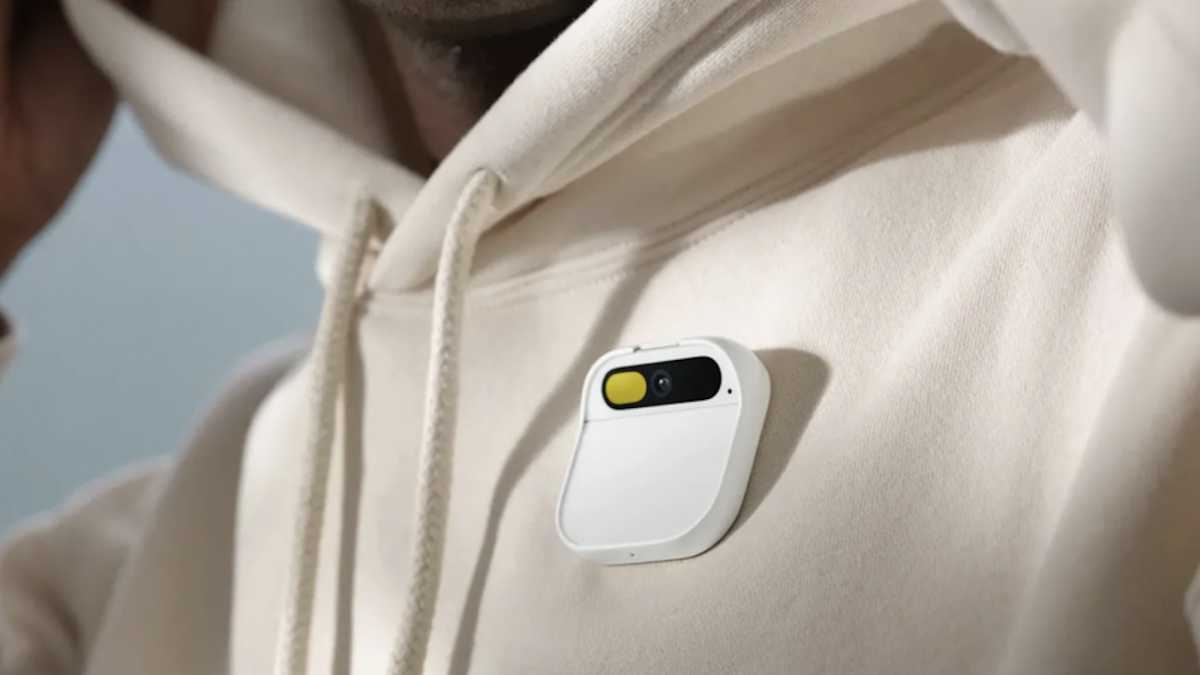
Humane
Humane
Humane
AI buttons are everywhere
Even Logitech, an accessory vendor that doesn’t seem like it would have much to gain from this particular trend, is hopping on. The company’s new Signature AI Edition M750 Mouse comes with a dedicated button to summon yet another flavor of ChatGPT, focused on helping you write with short generative tasks.
It’s basically the same idea as Copilot’s most simple functions, now built into Logi Options+. That means that the same capability will come to most of Logitech’s mice and keyboards, assuming you bothered to install the management app for them. Expect that dedicated AI button to show up on other Logitech products, like the next revision of the MX Master mouse. Hell, the button might just be the justification Logitech needs to release a new MX Master mouse in the first place.
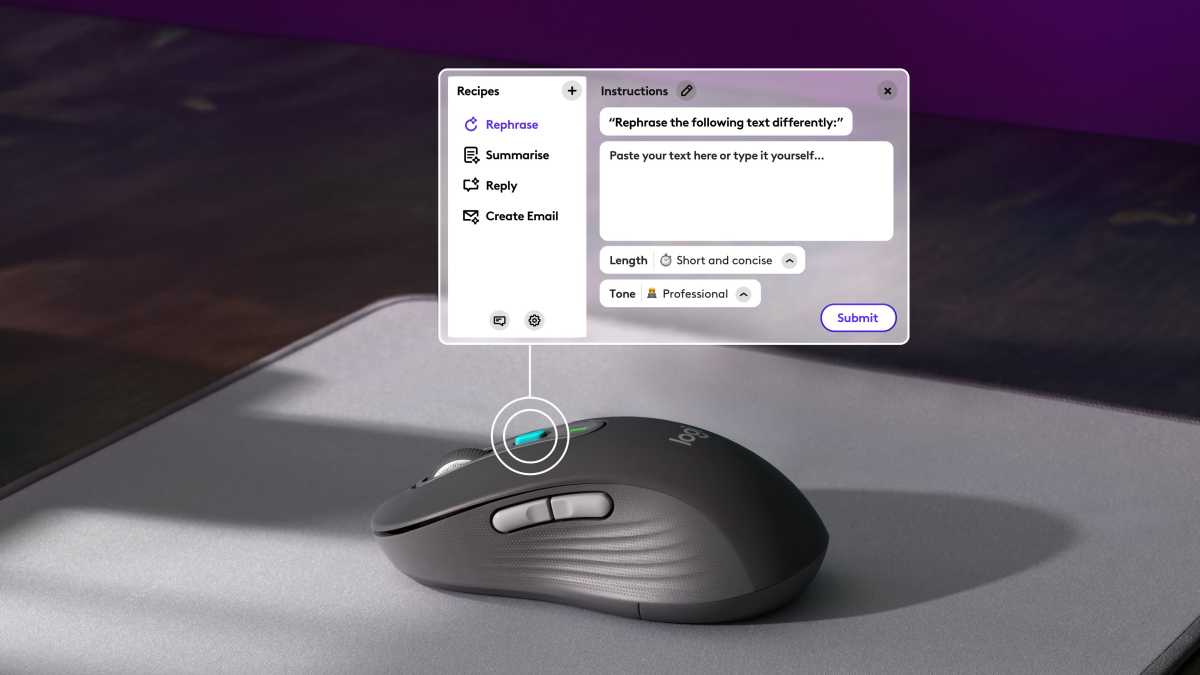
Logitech
Logitech
Logitech
This might seem like uncharted territory, but we’ve been here before, and I’m not even talking about the still-fresh memories of Matt Damon calling you a wuss for not buying Bitcoins in a Superbowl commercial. Nor am I referring to that short-lived time when Microsoft really wanted a Windows button on mice. No, we’ve seen a new idea take hold and try to spread to every aspect of digital life seemingly overnight. If you just felt a chill, it might be the ghost of Cortana on your shoulder.
I’ve heard this song before
Once Google found success with Assistant and Apple gained cultural capital with Siri, every company wanted its own voice chatbot. Amazon had Alexa, Microsoft had Cortana, even Samsung had the bafflingly-named “Bixby.” And these chatbots were pushed in the same way, taking center stage in both digital and physical interfaces.
Samsung gave Bixby its own dedicated button on hundreds of millions of Android phones. (And speaking as someone who worked for an Android website at the time, I’d like to thank them for all the money we made on the search “how to change Bixby button.”) Apple put Siri right on the iPhone’s home button, and Microsoft rather infamously stuck Cortana right on the Windows 10 taskbar.
Sound familiar? “She” was all over the first boot interface for Windows, too, talking right to the user in a vocal performance with shades of Clippy. Some manufacturers even indulged Microsoft to the point of putting a dedicated Cortana button on laptop keyboards, or activating the assistant with a specific trackpad gesture.
Siri is still around, though it’s something of a punchline. Assistant is morphing into Gemini, and not without complaint. Alexa lives, though Amazon still doesn’t know how to actually make it profitable. And Bixby has apparently been resurrected, deep within the bowels of Samsung’s software development team…to be an AI-powered assistant. Huh.
Cortana, as you’ve probably heard, is as dead as her fictional namesake. A massive chunk of Microsoft’s time and money, and no small amount of user frustration, blown on something that’s remembered more as a joke than an actual product. And the most memorable thing about Cortana is the way that Microsoft tried to shove it in our faces for so long.
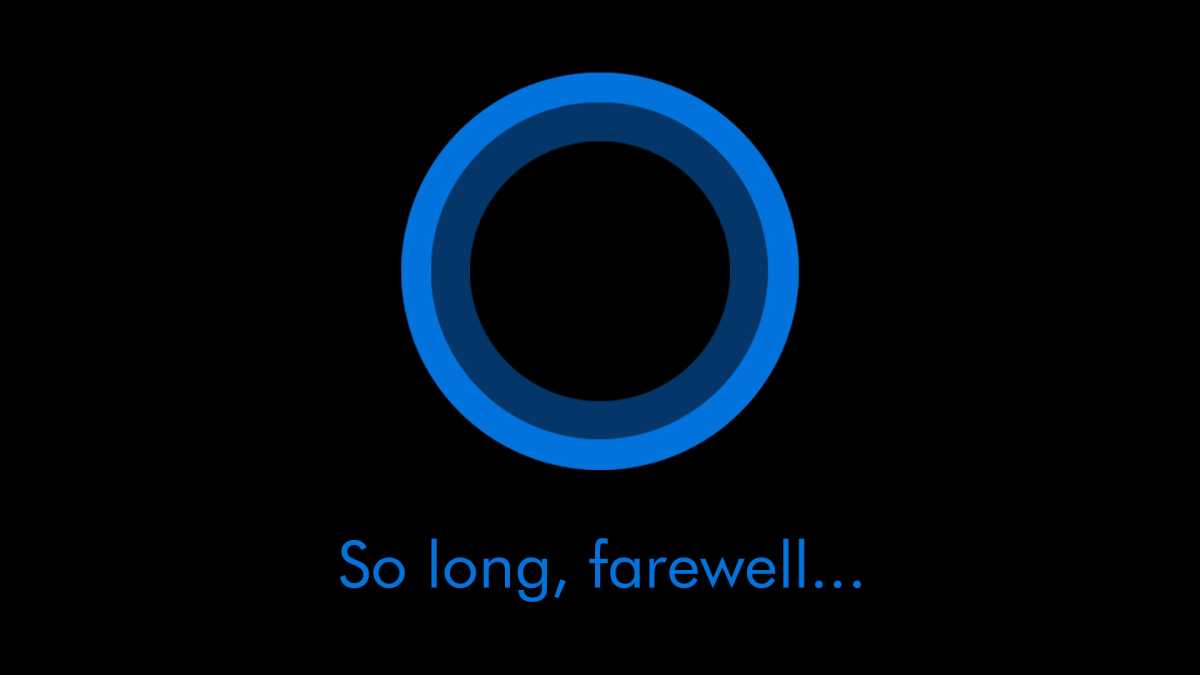
Michael Crider/Foundry
Michael Crider/Foundry
Michael Crider/Foundry
As a professional writer, I’m inclined to be dismissive of generative text tools like Copilot and ChatGPT. They are, in very real and visceral way, takin’ arr jerbs, and reading generative text feels like someone tried to write up a TPS report using a crayon. But I can see why everyone else finds them useful, if only for the fact that they can save a ton of time on relatively simple tasks. And cheat on your homework…not that I’m judging.
But trying to make AI tools omnipresent in our interfaces, on screens and dedicated buttons, is the fastest way to make consumers frustrated with them. Nobody wanted a Windows button on a mouse, nobody wanted to talk to Cortana to log into their Wi-Fi network, and no one wants to ask ChatGPT to take a photo with their smart glasses.
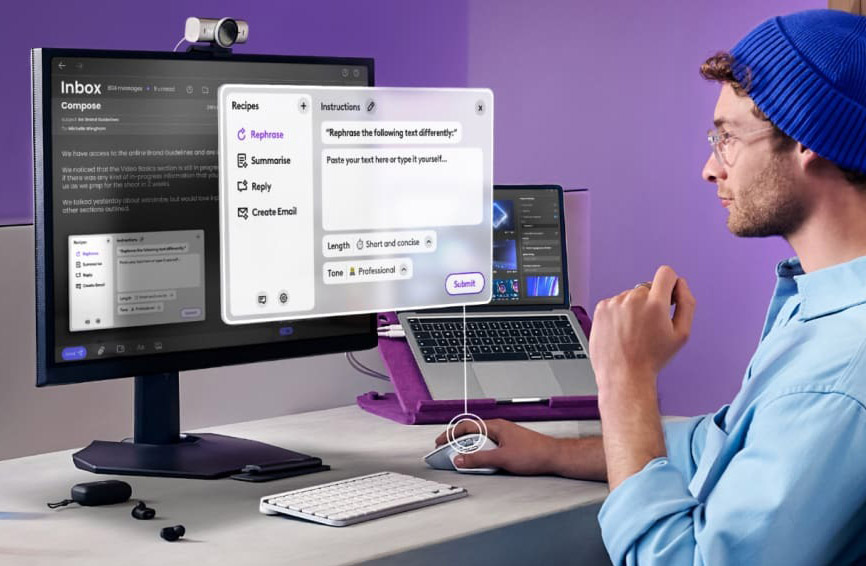
Logitech
Logitech
Logitech
Generative text might be an exciting new tool for both businesses and consumers. Or it might be a flash-in-the-pan fad, doomed to fill up the web with garbage text that Google has to find a way to ignore. But whatever the future holds, there’s no faster way to make users sick of it than trying to force it on them. Listen to the ghost of Cortana, and heed her warning not to re-make the mistakes of the past.
Author: Michael Crider, Staff Writer

Michael is a former graphic designer who’s been building and tweaking desktop computers for longer than he cares to admit. His interests include folk music, football, science fiction, and salsa verde, in no particular order.
Recent stories by Michael Crider:
Microsoft made DOS 4.0 open-source, but not everyone is happyControversial Windows 11 Start menu ads begin rolling outGrab a copy of Windows 11 Pro for just $20


